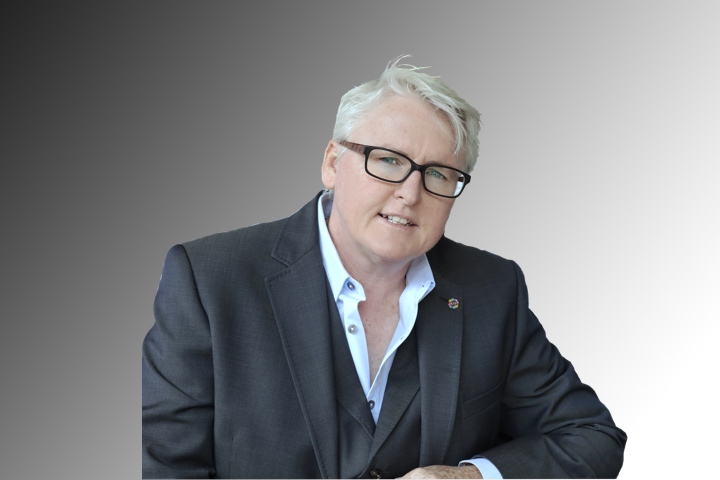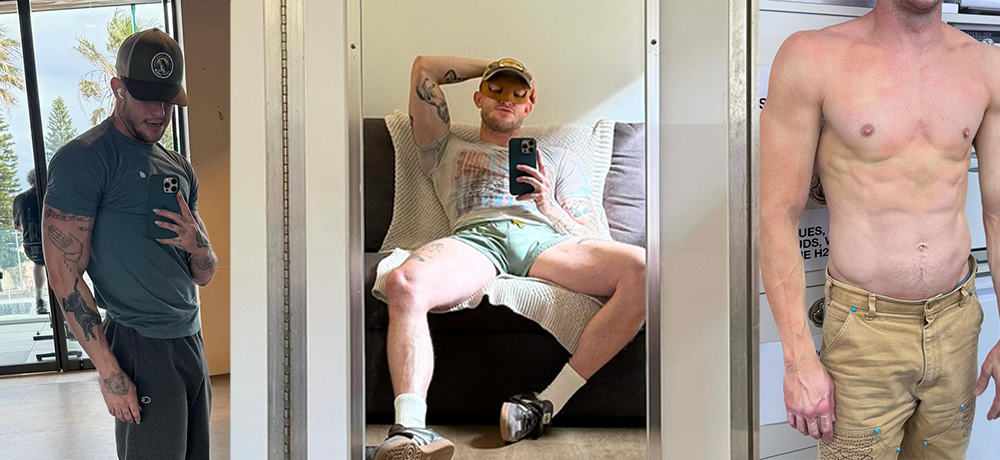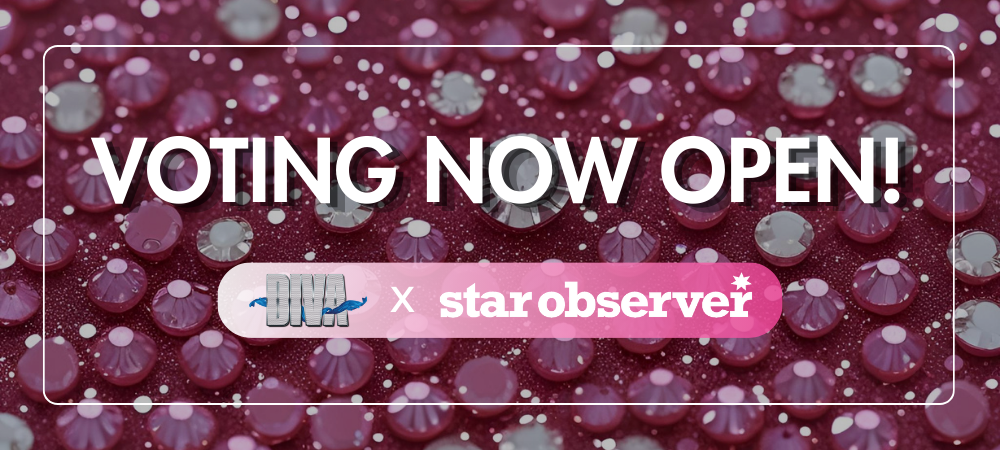
In it together – ACON helps the community respond to COVID-19

ACON is NSW’s leading health organisation specialising in community health, inclusion and HIV responses for sexuality and gender diverse people. ACON was established in 1985 in response to the HIV/AIDS epidemic in NSW. Today ACON works across a range of health areas including HIV prevention, HIV support, mental health, domestic and family violence, ageing, cancer, community safety and social inclusion.
Karen Price is the Deputy CEO of ACON. She says comparisons to the AIDS crisis need to be carefully considered, but there are some things worth reflecting upon.
“There are good public health lessons that we learnt at that time, some of which are not being heeded now.
“One of the key lessons was the importance of clear health messages and whole-of-community action. Our HIV response was effective because we took the advice, modified our behavior and supported each other to do so.”
“So it is important community remains solution focused and evidence based,” says Price.
“So we take the evidence and the best advice, and we apply it to our own community situation, our own relationships and our own lives.”
Another similarity this pandemic has with the HIV crisis is the proliferation of myths and misinformation. Price says it’s important to keep abreast of breaking news and refer to reliable sources.
“We’ve got to continue to stay updated, we know the situation is changing rapidly and some of the lockdown rules and those sorts of things are going to change, but the most important thing is that we stay up to date with the facts.”
ACON’s main priority now is to stay accessible, particularly for the most vulnerable, while keeping their staff safe.
They’ve adapted service models to provide counselling and mental health support over the phone and online. ACON’s offices in Newcastle and Lismore are also adapting services. For more vulnerable groups, services are being reviewed to try and meet needs while adhering to social distancing.
Price shares Ruth’s reassurance that there is no shortage of medication and pleads with people not to stockpile.
“Plan your medications, make sure you’ve got enough for your own supply for a month.”
One of their biggest concerns is that people may stop testing for HIV.
“We know HIV doesn’t go away just because there’s a new health concern on the horizon, so we have worked with our clinical partners to consolidate our a[TEST] services through the Oxford St site. While the service is open now, its important people stay in touch in case that changes as the pandemic and advice evolves,” says Price.
“We want people to know we’re still here for them. We’re still prioritising sexual health and HIV prevention. And if people do test positive in that time, we’ll still be able to facilitate their early access to treatment which is really, really important generally for people’s health, but particularly if there are other health issues around like COVID-19.”









